How to Value a Business: 3 Methods
Valuing a business is a crucial step in the selling process and tends to impact the outcome of the deal significantly. Knowing how to value a business will give owners a leg up during the selling process. You’ll need to learn if you don’t know how to do that. Explore various business valuation methods, why an accurate valuation is crucial, and how Purpose Equity’s sell-side advisory services can be a major help.
Common Methods to Value a Business
The method for valuing a business combines science and art, balancing the cold, hard facts and the nuanced considerations that shape a business's true worth. The three primary business valuation methods are asset-based, market-based, and income-based valuation.
Asset-Based Valuation
Asset-based valuation involves calculating a business's total tangible and intangible assets. Tangible assets include anything from buildings, land, and machinery to inventory and cash reserves. On the other hand, intangible assets include elements like brand recognition, patents, proprietary technology, and customer relationships. Tangible and intangible assets add to a company's net worth and are crucial when determining the business’s overall value.
This method has vast applicability across different industries, especially in businesses where tangible assets constitute a considerable chunk of value like manufacturing or real estate companies. However, it won’t adequately reflect the true value of service-oriented or tech companies where intangible assets might have more worth.
Market-Based Valuation
Market-based valuation revolves around a comparative analysis of the business with other similar businesses that have been recently sold or are up for sale. It's akin to how real estate properties are compared based on location, size, condition, and other relevant factors.
This type of valuation is heavily influenced by factors such as economic conditions, industry trends, and the demand and supply of businesses within the specific sector. While this method can provide a robust yardstick for the company's value, it requires sufficient comparable data to ensure accurate valuation.
Income-Based Valuation
The income-based approach evaluates the value of a business based on projected future earnings and cash flows. It answers the question: "What's the current worth of the future income a buyer can expect from the business?". Several considerations come into play in income-based valuation, including the company's historical financial data, growth rate, industry risk factors, etc. This method is often preferred for service-based businesses or startups with significant growth potential but may not be as effective for industries with unpredictable or fluctuating income streams.
Purpose Equity's Sell-Side Advisory Services
Purpose Equity provides a comprehensive sell-side advisory service to assist business owners in optimizing the value of their business in a sale transaction. The team of skilled experts can perform an in-depth evaluation of your business, considering every asset, market trend, and projected income based on the industry's dynamics.
The benefits of professional business valuation cannot be overstated. With Purpose Equity, you can expect a thorough and transparent evaluation beyond numbers. We identify and communicate your business’s unique value proposition, understand the market landscape, and provide strategic advice to enhance your company's value. That way, you are fully prepared and confident when negotiating with potential buyers.
Contact Purpose Equity for Business Valuation
Valuing a business and recognizing the significance of an accurate valuation sets the stage for successful negotiations and a beneficial outcome in the selling process. Ready to get started with business valuation? Reach out to the expert team at Purpose Equity. We’re widely recognized for our commitment to helping business owners navigate the complexities of valuation and achieve favorable sale outcomes. To learn more about our services, visit Purpose Equity's contact page and get in touch.
Image Source: Pormezz/Shutterstock

